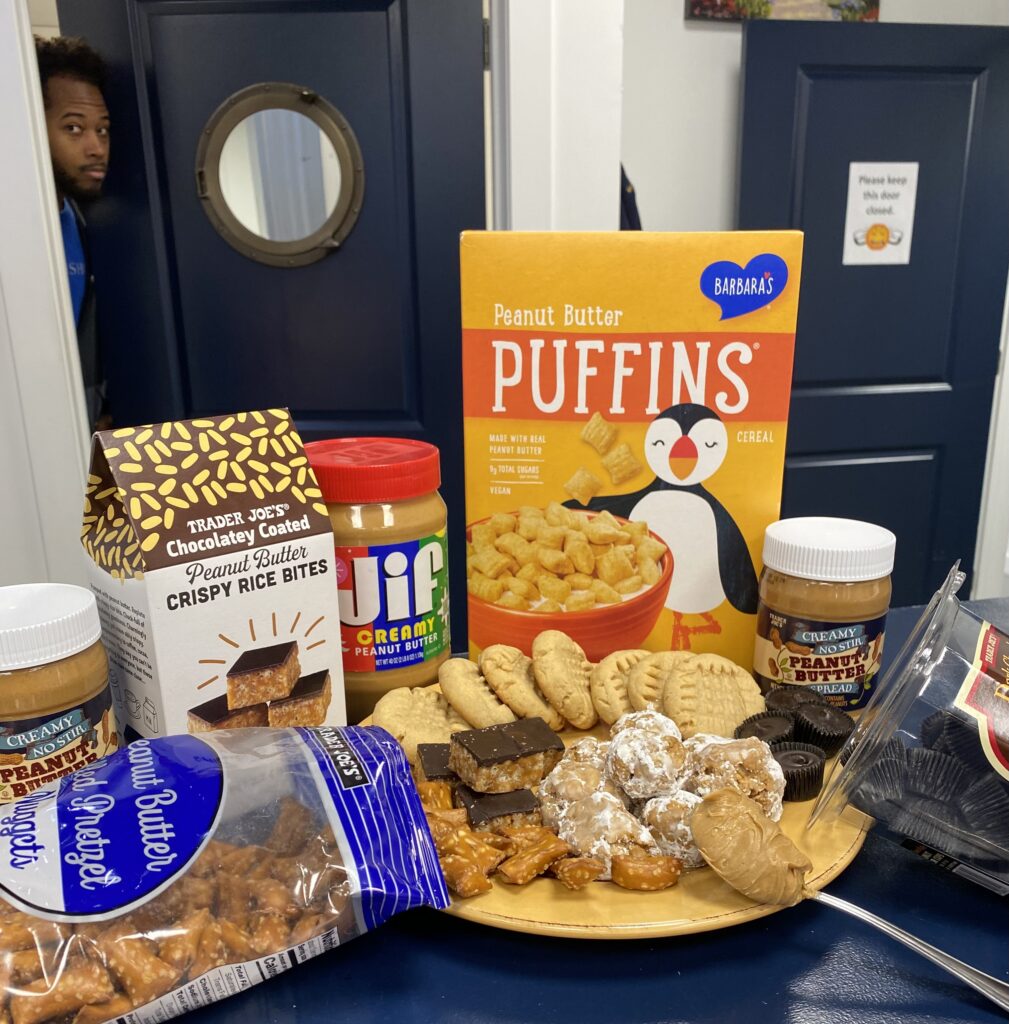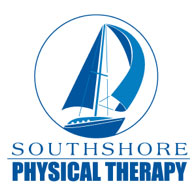Happy National Peanut Butter Day! According to Spoon University, a food site for the next generation, the average American consumes 22 tablespoons of peanut butter (that’s almost a cup and a half) per person per year whereas the average European consumes only one tablespoon per person per year.
Long live the U.S.A, am I right?
Peanut butter and jelly, peanut butter and bananas, even peanut butter and celery … there are as many ways to enjoy peanut butter as there are peanuts in the average 12-ounce jar. (It’s 540, by the way … says the National Peanut Board.) The good news is that there are many health benefits associated with our favorite creamy spread … and here are just a few.
Boosts protein intake. The recommended serving (2 tablespoons or 32 grams) contains 7 grams of protein. Considering that the average person should consume 15-30 grams of protein at each meal, partaking in a personalized portion of peanut butter can produce a particularly promising pattern to perfect your protein plan. (I would recommend you not stand too close to anyone when saying that last sentence.)
Supports a vegan diet. Traditional peanut butter is a deliciously versatile addition to any vegan lifestyle. Whether used in savory dishes or sweet desserts, peanut butter can be an excellent source of protein (see above), healthy fats and many other essential nutrients. Just be sure to confirm that honey is not listed among the ingredients which would eliminate it as a vegan option. (Don’t blame me. Blame the bee!)
Provides a great source of antioxidants. Not only is peanut butter rich in manganese, magnesium and vitamins E, B3 and B6, it’s also a great way to incorporate more copper (yes, copper) into the daily diet. This essential mineral is important to maintaining the health of our immune systems, cardiovascular systems and bones to reduce osteoporosis. (Plus, peanut butter is way yummier than wire, pipes and pennies, don’t you think?)
Offers cancer fighting properties. In addition to the antioxidants mentioned above, peanut butter contains coumaric acid which helps to protect and fight disease in the brain, liver and kidneys. Peanuts and peanut butter also contain resveratrol to reduce inflammation and improve overall longevity and endurance as we age.(Consuming peanut butter is a great way to fight the aging process? Pass the jar, please.)
As with everything, the bottom line is moderation. Like other natural delicacies such as the avocado, peanut butter is rich in healthy fats. But there are often bad fats lurking in those jars as well. Be on the lookout for terms like “partially hydrogenated oil,” “hydrogenated oil” or “palm oil” that can offset the good fats. And remember … a serving is defined as two FLAT tablespoons (or 32 grams). Measure that out one day. I guarantee it’s much less than you (okay, fine!) and I have been eating. Bon Appetit!
Never missing an opportunity to celebrate, the Southshore PT crew had its own party to commemorate this special occasion.
Happy National Peanut Butter Day, everyone!


Michele Robert Poche
